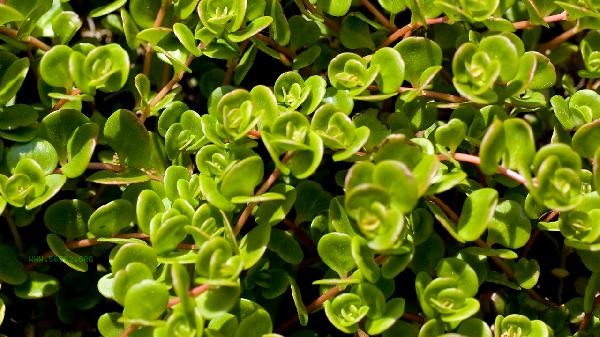Lichun is the first of the 24 solar terms, which marks the beginning of the inauspicious hour of the day. Generally speaking, Lichun is mostly in the first lunar month, and if it is a leap month, it may be in the twelfth lunar month. On February 4th of this year, when the sun reaches 315 degrees longitude, it is called Lichun. This year there is a leap month, so the beginning of spring falls in the year of Jichou in the lunar calendar, while the year of Gengyin becomes the year without the beginning of spring. The custom of welcoming spring has a long history, dating back at least 3000 years. According to historical records, the ceremony of welcoming the "Beginning of Spring" in the Zhou Dynasty was roughly as follows: three days before the beginning of Spring, the emperor began to fast. On the day of the Beginning of Spring, he personally led the three dukes, nine nobles, feudal lords, and officials to the outskirts eight miles east to welcome Spring and pray for a bountiful harvest. The Ju Mang God worshipped during the Spring Festival activities resides in the East. The Spring Festival activities in the Song Dynasty had already entered the palace from the countryside, becoming a form of mutual worship among officials. As recorded in the "Dream Liang Record": "On the first day of spring, below the level of officials, they enter the court to offer congratulations. The Spring Festival welcoming ceremony in the Qing Dynasty attracted more attention from society and became one of the important folk customs for the participation of the whole nation. According to the "Annals of Yanjing", "On the first day of the Beginning of Spring, officials from Shuntian Prefecture welcomed the spring at a spring field one mile outside Dongzhimen. On the Day of the Beginning of Spring, the Ministry of Rites presented a throne on Mount Chun, and Shuntian Prefecture presented a picture of a spring ox. After the ceremony was completed, the spring ox was drawn and struck, which was called 'Da Chun'." The Qing Dynasty's "Qing Jia Lu" pointed out that although the ritual of worshiping gods and ancestors at the Beginning of Spring was not as good as the first day of the lunar new year, it was higher in scale than the Winter Solstice. Agriculture has always been the top priority of governments throughout history, and the Mang God worshipped during the Spring Festival is the spring god in charge of agricultural affairs. Throughout history, feudal rulers held the Whip Spring Ceremony on this day, with the intention of encouraging agriculture and developing production. Therefore, the emphasis on the Lichun solar term is closely related to the emphasis on agriculture.
Generally speaking, "spring hits the heads of the six or nine". In the poem "Jiujiu Xiaohan", it is said: "In 1929, if we don't take action, we will walk on the ice on the three or nine days. On the five or nine days, we will see the willows. On the seven or nine days, the river will open, eight or nine geese will come, and on the nine or nine days, the oxen will walk everywhere." It is estimated that in a few days, willow branches will start sprouting new shoots and poplar trees will be drifting.

As the saying goes, "The key to a year's plan lies in spring." This applies not only to agricultural production, but also to health and wellness. Now there is a dilemma: should we follow the health principles of spring and March after the beginning of spring, or should we adhere to the health principles of winter and March?
The Chinese lunar calendar divides a year into 24 solar terms, each consisting of 3 solar terms with 5 days each, totaling about 15 days. The Beginning of Spring solar term is a fifteen day period from February 4th and 5th to around February 20th, which is a transitional stage from winter to spring. In terms of health preservation, the winter and spring seasons should be followed. The so-called "spring covering and autumn freezing" probably means that the Beginning of Spring solar term should follow the health principle of "spring covering".
For ordinary people, during the period of the Beginning of Spring, they should cover themselves in spring and not be too cold, especially for the elderly. Don't think that just because the spring breeze blows on June 9th, willows sprout new shoots, and the river opens on July 9th, you can cut back on your clothes. In fact, during this solar term, there is still a large temperature difference between day and night, so it is important to pay attention to keeping warm and wear moderate amounts of clothing, which is also beneficial for maintaining the balance of qi and reaching the skin.
In terms of diet, we can start by regulating the liver and kidneys, because although spring begins, the winter qi is not enough. Nourishing the essence of the liver and kidneys can avoid the consequences of "not storing essence in winter will lead to illness and warmth in spring". As for which foods have liver and kidney nourishing effects, I think you can easily find them on the internet and related popular science books, so I won't go into detail here.




Comments (0)
Leave a Comment
No comments yet
Be the first to share your thoughts!